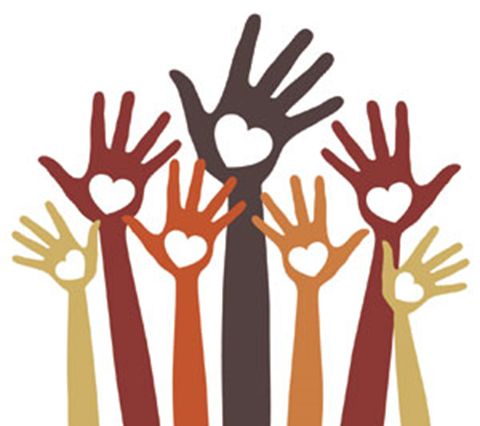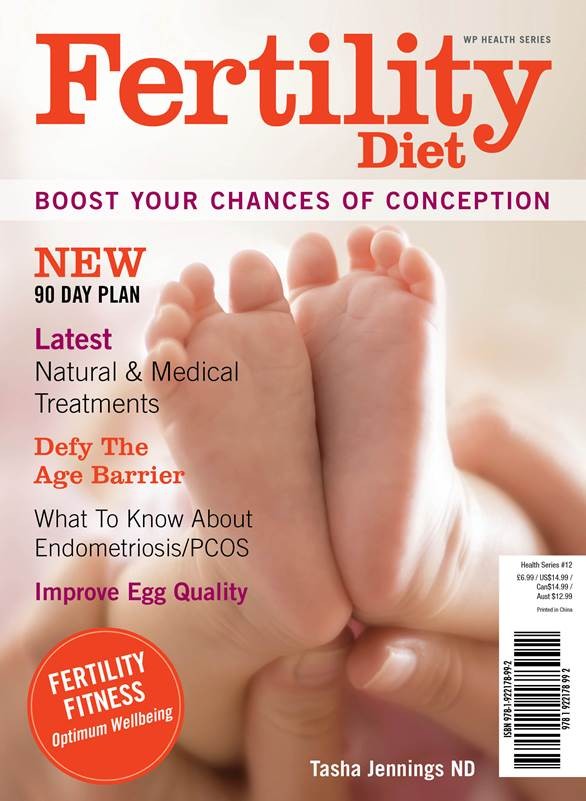
by Rachel Steward, Acupuncturist
After working with women undergoing fertility treatment for over fifteen years I thought I was well aware of how stressful it can be. Every day I talk about, and treat, stress with my patients. However, I recently came across some research which shocked me:
A group of women undergoing IVF who took part in a behavioural study reported similar psychological stress to people with cancer (1).
Let that sink in for a moment.
What would the similarities be?
- having a problem – that may or may not respond to treatment;
- having a problem – that other people don’t fully understand unless they have been through it themselves;
- having a problem – that might not be easily shared with people in your life e.g. colleagues or sometimes even family; and
- having a problem – that is always there, in the back of your mind, when you are trying to get on with everyday life – or sleep at night.
Research shows that the stress of IVF falls into three broad categories – social, financial and emotional.
Social stresses include stigmatisation, decreased self-esteem and unmet reproductive potential. Women also report low levels of support because of a lack of understanding about what IVF entails (2).
The financial stress of fertility treatment is always there and often limits how much treatment people are able to seek – or – curtails other goals. Unfortunately it has also been shown to reduce positive outcomes (3).
Perhaps the emotional stress is the worst though – one patient of mine described the two week wait, from her embryo transfer until her blood test, as “terrifying”. Others talk about the lack of control and the sense of failure. One research study found the emotional impact of IVF “more strenuous” than the physical impact (4) and in many cases, stress is enough to discontinue treatment. In a survey of the reasons people stop IVF 35% cited emotional reasons (5).
What can be done to address this?
Acupuncture is a therapy that can give immediate relief. Every day patients emerge from their sessions feeling noticeably better than when they came in. Many people say that their weekly treatment is a time when they can relax and recharge – a circuit breaker to the stress cycle. The beauty of acupuncture is that each treatment is individually tailored and a single treatment can include points to optimise the response to IVF (and other fertility) treatment, address any symptoms that may be present such as insomnia or digestive issues and, importantly, relax the nervous system.
A 2011 study conducted in Australia found that:
“Women described the experience and impact of acupuncture as positive relating to a sense of relaxation and time out, the engagement with the practitioner and an intervention that had very few negative side-effects. Changes were also perceived after treatment with women describing a physical and psychological sense of relaxation and calmness and a changed perspective in relation to coping” (6).
But what if physical therapy isn’t enough?
What then? What if your partner is sick of talking about it or struggling to cope themselves? Where do you turn? Many patients talk about not wanting to “burden” friends and family – or they do talk about their struggles but feel time-limited doing so.
One of our directors, naturopath, Charmaine Dennis, is pioneering a support group for a small number of women to come together and share in a supported setting. The group will meet once a week for four weeks for a two-hour period. The total cost is $120.
The focus of the group is to provide a space for women to connect with themselves and each other – and the hope is that, in sharing stories and similar experiences, women will realise they are not alone and hopefully find some meaning in their journeys. Being heard by other people who genuinely understand what you are going through can be very therapeutic.
Charmaine will also teach some really practical self-care strategies and relaxation practices. Her aim is to break through the isolation and loneliness that can come with infertility and the IVF experience.
If you have been trying to conceive for over a year, either naturally or with IVF (or other fertility treatment), and need some more support you can email Charmaine to find out more or register for the group at charmaine@fertileground.com.au
You can also download and listen to the beautiful guided relaxation tracks Charmaine has produced along with our naturopath Gina Fox for people trying to conceive naturally or with IVF. We use these tracks with headphones during acupuncture treatments and hear so much positive feedback about them. Ideally you can listen to them every day for extra support and to continue the benefits of your acupuncture treatment at home. You’ll find more information about these meditations here.
Support matters – and many people are missing out on this vital element of their treatment. If a small group is not for you talk to your practitioner about what extra support could assist you.
by Rachel Steward, Acupuncturist
Rachel Steward brings 15 years of clinical experience to FGHG and practices Japanese Acupuncture – a very gentle, yet effective form of treatment. Rachel has studied in Japan under senior teachers of Toyohari to further her studies in this area. Also qualified in Western Herbal Medicine she is passionate about integrating Western and Eastern approaches to treatment.
Rachel has a wealth of experience in working with couples experiencing fertility problems and/or undergoing IVF, pregnancy, birth, breastfeeding and beyond. She also enjoys treating a wide range of more general health issues which can impact on fertility such as adrenal exhaustion, anxiety and depression, sleep disorders, structural problems, digestive weakness and immune issues – and draws from a wide treatment repertoire to do so. Rachel loves treating babies and children and finds Japanese acupuncture particularly suited to them. She has worked successfully with “older” women/couples, same- sex couples and couples utilising donor tissues.
References:
1.Skiadas CC, Terry K, Pari MD, Geoghegan A, Lubetsky L, Levy S, et al. Does emotional support during the luteal phase decrease the stress of in vitro fertilisation? Fertility and Sterility, 2011; 96 (6):1467-72.
2. Chang R, Chung PH, Rozenwaks Z. Role of acupuncture in the treatment of female infertility. Fertility and Sterility, 2002: 78(6):1149-53;
AND Lyttleton, J. Treatment of Fertility with Chinese Medicine. China: Churchill Livingstone; 2004.
3. Klonoff-Cohen H, Natarajan, L. The conerns during assisted reproductive technologies (CART) scale and pregnancy outcomes. Fertility and Sterility, 2004:81(4):982-8.
4. Bouwmans CAM, Linsten BAME, Al M, Verhaak CM, Eijkemans RJC, Habbema JDF, et al. Absence from work and emotional stress in women undergoing IVF or ICSI: An analysis of IVF-related absence from work in women and the contribution of general and emotional factors. Acta Obstet Gynecol. Scand. 2008;87(11):1169-75.
5. Verhaak CM, Smeenk JMJ, Evers AWM, Kremer JAM, Kraaimaar FW, Braat DDM. Women’s emotional adjustment to IVF: a systematic review of 25 years of research. Hum Reprod. Update January/February 2007;13(1):27-36.
6. Caroline A. Smith, PhD et al. The Effect of Acupuncture on Psychosocial Outcomes for Women Experiencing Infertility: A Pilot Randomized Controlled Trial, The journal of alternative and complementary medicine, Volume 17, Number 10, 2011, pp. 923–930.


